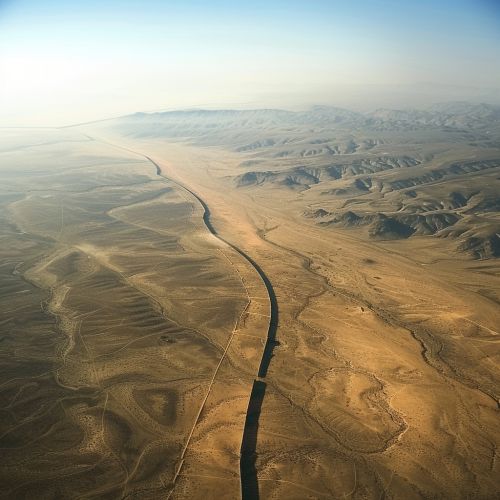Territorial Sovereignty
Concept of Territorial Sovereignty
Territorial sovereignty refers to the principle in international law that nations have exclusive rights and control over their own geographic territories. This concept is a fundamental aspect of the modern nation-state system and is deeply rooted in the Westphalian System, which emerged in the 17th century.


Historical Development
The concept of territorial sovereignty has evolved over centuries, with its roots in the Roman law and the medieval period. However, it was not until the Peace of Westphalia in 1648 that the principle was formally recognized. The treaties established the concept of a sovereign state with exclusive authority over its territory and internal affairs, free from external interference.
Legal Aspects
In international law, territorial sovereignty is primarily concerned with the rights and powers that a state exercises within its borders. This includes the right to make and enforce laws, to control resources, and to determine foreign policy. The principle of territorial sovereignty is enshrined in the United Nations Charter, particularly in Article 2(1), which states that the organization is based on the principle of the sovereign equality of all its members.
Challenges to Territorial Sovereignty
Despite its foundational role in international law and relations, the principle of territorial sovereignty has faced numerous challenges. These include issues related to globalization, human rights, and environmental law. In addition, the rise of non-state actors such as multinational corporations and international organizations has also posed challenges to the traditional concept of territorial sovereignty.
Territorial Sovereignty and Globalization
Globalization has significantly impacted the concept of territorial sovereignty. The increasing interconnectedness of states, facilitated by advances in technology and communication, has blurred the lines of territorial boundaries. This has led to debates about the relevance and applicability of territorial sovereignty in a globalized world.
Territorial Sovereignty and Human Rights
The issue of human rights has also challenged the principle of territorial sovereignty. International human rights law, as embodied in documents such as the Universal Declaration of Human Rights, asserts that certain rights are universal and should be respected by all states. This has sometimes led to tensions between the principle of territorial sovereignty and the international community's responsibility to protect human rights.
Territorial Sovereignty and Environmental Law
Environmental issues, such as climate change and biodiversity loss, are inherently transboundary in nature. This has led to the development of international environmental law, which often requires states to take actions within their territories for the benefit of the global environment. This has raised questions about the balance between territorial sovereignty and the collective responsibility of states to protect the global environment.
Non-State Actors and Territorial Sovereignty
The rise of non-state actors, such as multinational corporations and international organizations, has also challenged the traditional concept of territorial sovereignty. These entities often operate across national boundaries and can exert significant influence on state policies and decisions. This has led to debates about the extent to which these entities should be subject to the jurisdiction and control of individual states.
